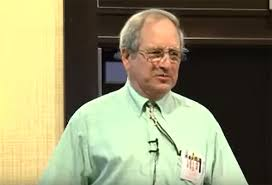
1/ Why did Wikipedia succeed when 7 similar online encyclopedia projects (mostly started around the same time) all failed? This cool paper investigates and gives surprising answers...
citeseerx.ist.psu.edu/viewdoc/downlo…
citeseerx.ist.psu.edu/viewdoc/downlo…
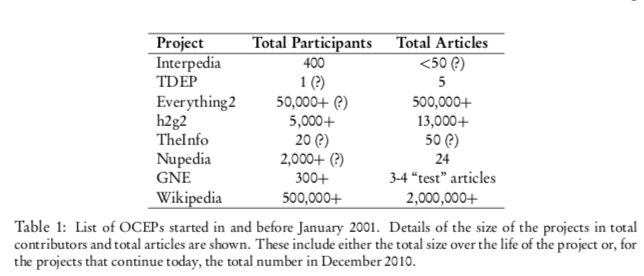
2/ Did Wiki have the most technical talent? No, they had the *least* technical founders by far. One failed project was led by Aaron Swartz (RSS + Reddit creator) and one by the founder of Slashdot. Wiki's initial software was off-the-shelf.
3/ Wiki's 1st source of success: a familiar end-product. Use a novel mechanism (online collaboration) to produce a trad encyclopedia. Some failed projects aimed for new kind of encyclopedia for internet age and this confused contributors.
4/ The E2 project was meant to be broader than Wiki. However, it was hard to define to new users just how broad (see hilarious quote from its FAQ). A project called "h2g2" kept getting h2g2-style submissions, despite not wanting them. 

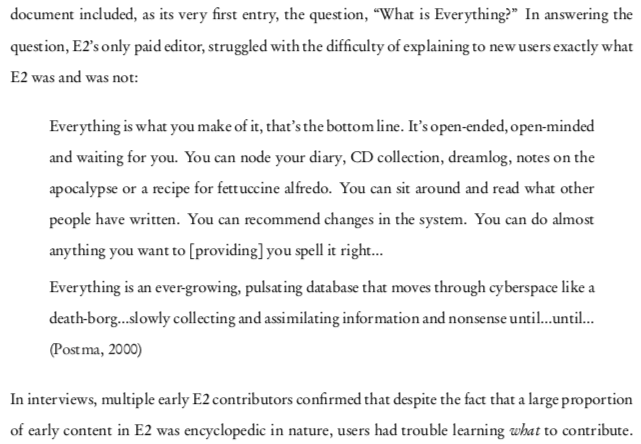
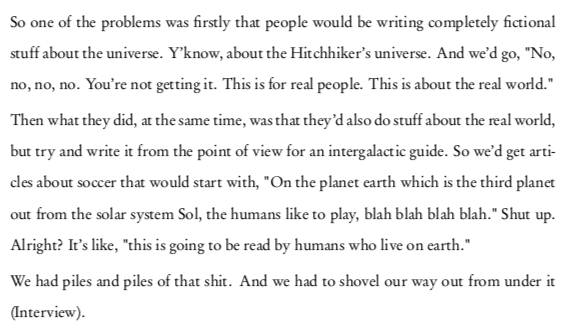
5/ Many of biggest open-source or crowdsourced projects have familiar end-products: Linux, Apache, OpenOffice, StackOverflow, gcc, scientific Python. If building a community, beware novel goals!
6/ Wiki's 2nd+3rd sources of success: low barrier to contribute and no public credited author. Some failed projects had credited authors which put off other contributors from editing (to avoid stepping on toes).
7/ The table shows Wiki was 1/8 projects with these three features. The paper author interviewed all founders (and examined archives) to determine the features of each project. 
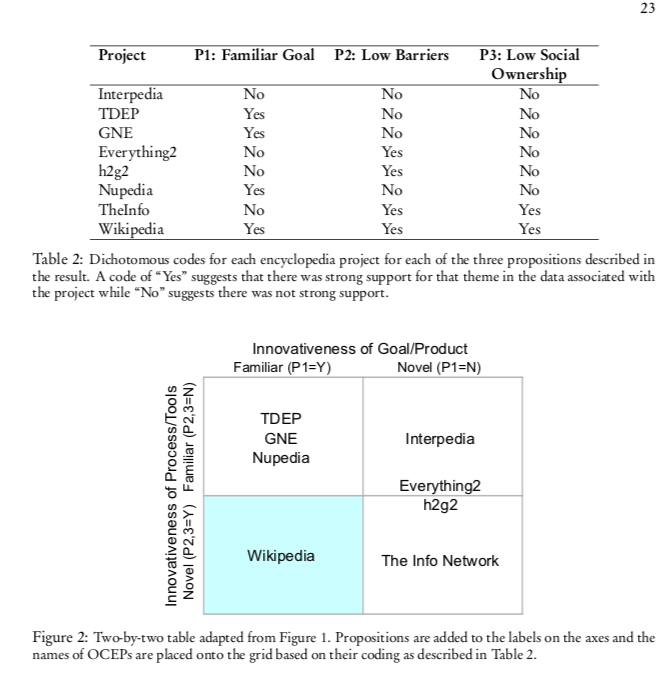
8/ This paper is not the final word. But I'd love more papers like this. Why Craigslist and not all the other projects? Why Gmail? Why StackOverflow?
9/ P.S. I believe the paper author was himself a serious contributor to Wikipedia and to FLOSS projects (Linux) and so has more insider knowledge than others might.
• • •
Missing some Tweet in this thread? You can try to
force a refresh







